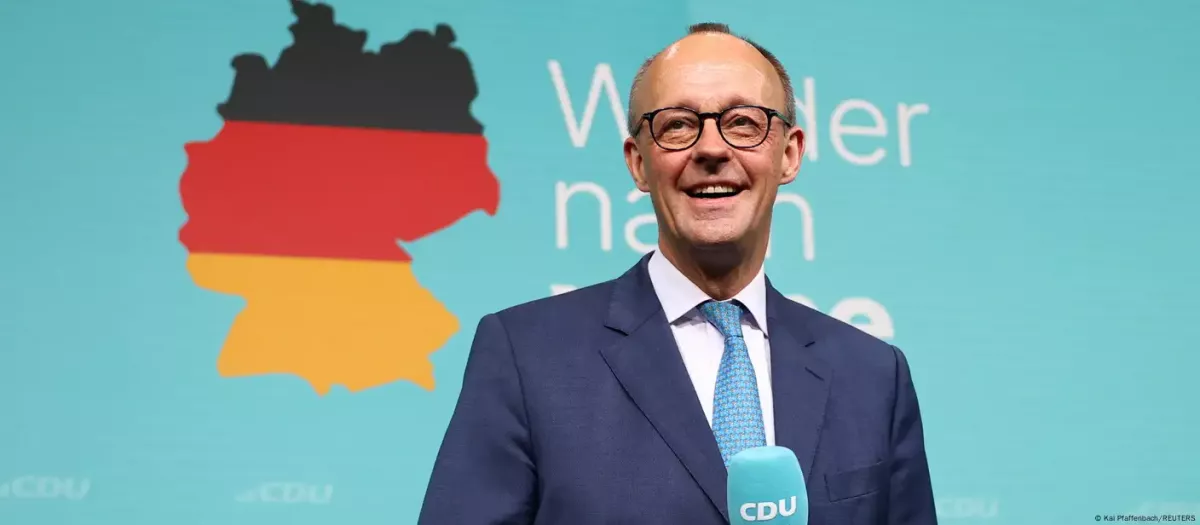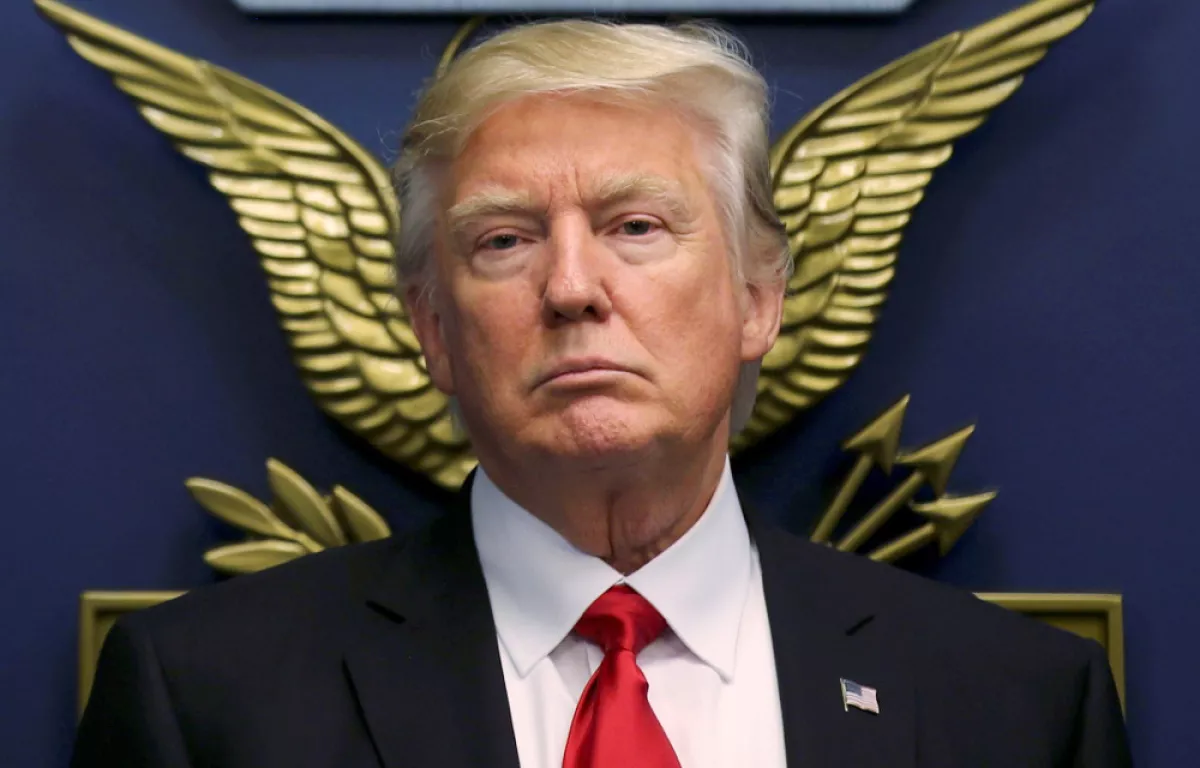Trump pushes Brussels into Beijing’s arms The new global vector
On June 19, China’s Ministry of Commerce (formerly the Ministry of Foreign Trade and Economic Cooperation) announced the country’s readiness to join the CPTPP.
This somewhat awkward acronym stands for the Comprehensive and Progressive Agreement for Trans-Pacific Partnership (CPTPP). The organisation includes 11 Pacific Rim countries as well as the United Kingdom. The partnership aims to expand free trade among its members. Meanwhile, European Commission President Ursula von der Leyen expressed support for strengthening trade ties with this bloc.

It seems that China and Europe are moving closer to one another. German Chancellor Friedrich Merz recently noted that the old structure designed to gradually liberalise global trade—the World Trade Organisation (WTO)—has long ceased to function effectively due to actions by the Washington administration. He expressed agreement with Ursula von der Leyen's stance.
Taken together, these developments point to a gradual rapprochement between Europe and China.
There are both economic and political reasons behind this trend. Germany—the most powerful economy in Europe—is critically dependent on exports, which totalled €1.6 trillion in 2024. While most of that goes to other European countries, its largest non-European customers are the United States and China. More broadly, China is the EU’s largest trading partner. The reverse is also true: for Beijing, Europe is an exceptionally important consumer market.
As U.S. President Donald Trump repeatedly threatens to impose new tariffs on goods from both Europe and China, he is provoking a trade war that places the other two global economic powerhouses in a difficult position. In response, Brussels and Beijing are showing a willingness to liberalise trade. If their goods become too expensive for the American market due to tariffs, they will be forced to strike deals with each other instead.
But this trend also has significant political dimensions. The U.S. administration no longer appears as a reliable guarantor of Europe’s military security and increasingly displays hostility toward NATO. This has created strong momentum for rearmament and greater cohesion among EU member states.
At the same time, China has been designated the United States’ primary adversary in key strategic documents. Washington aims to reduce its spending in other regions of the world and concentrate its resources on confronting Beijing in the Indo-Pacific.
As a result, Europe can no longer count on Washington in matters of foreign and defence policy, while China has every reason to be wary of U.S. intentions. This makes it even more important for Beijing to foster closer ties with Europe—which, despite its current weaknesses, remains a serious centre of international influence. At the same time, European nations have fewer and fewer reasons to align with Washington’s foreign policy demands or support its anti-China agenda.

And finally, thirdly, in the context of global turbulence largely caused by the unpredictable policies of the U.S. president, it is advantageous for Beijing and Brussels to position themselves as responsible centres of international stability and predictability, which makes them attractive both to politicians and investors. In this case, their partnership could reinforce that impression.
All of this is not necessarily tied solely to the personality of Donald Trump.
Firstly, even under Joe Biden, the United States took a strongly anti-China stance, imposed trade restrictions on the country, and demanded similar actions from European nations. Apparently, the mere existence of two superpowers on the planet implies growing rivalry between them and shapes the contours of international politics.
Secondly, the fact that Trump is in power means the U.S. cannot guarantee the absence of similar precedents in the future. This reduces the value of any international guarantees provided by Washington—guarantees that Trump clearly disregards, whether they involve military-political alliances or trade agreements with anyone.
All of this is forcing Europe and China to reduce their economic and political dependence on the United States, effectively pushing them closer together.
However, inertia exists in both politics and economics. Many European officials still expect the U.S. to maintain NATO and continue ensuring Europe’s security. Trade partnerships with America remain important both for Europe and for China. Therefore, it is premature to speak of an alliance between Brussels and Beijing at this stage. What exists is a global political vector indicating certain possibilities and changes. This vector must be taken into account when analysing the current situation.








